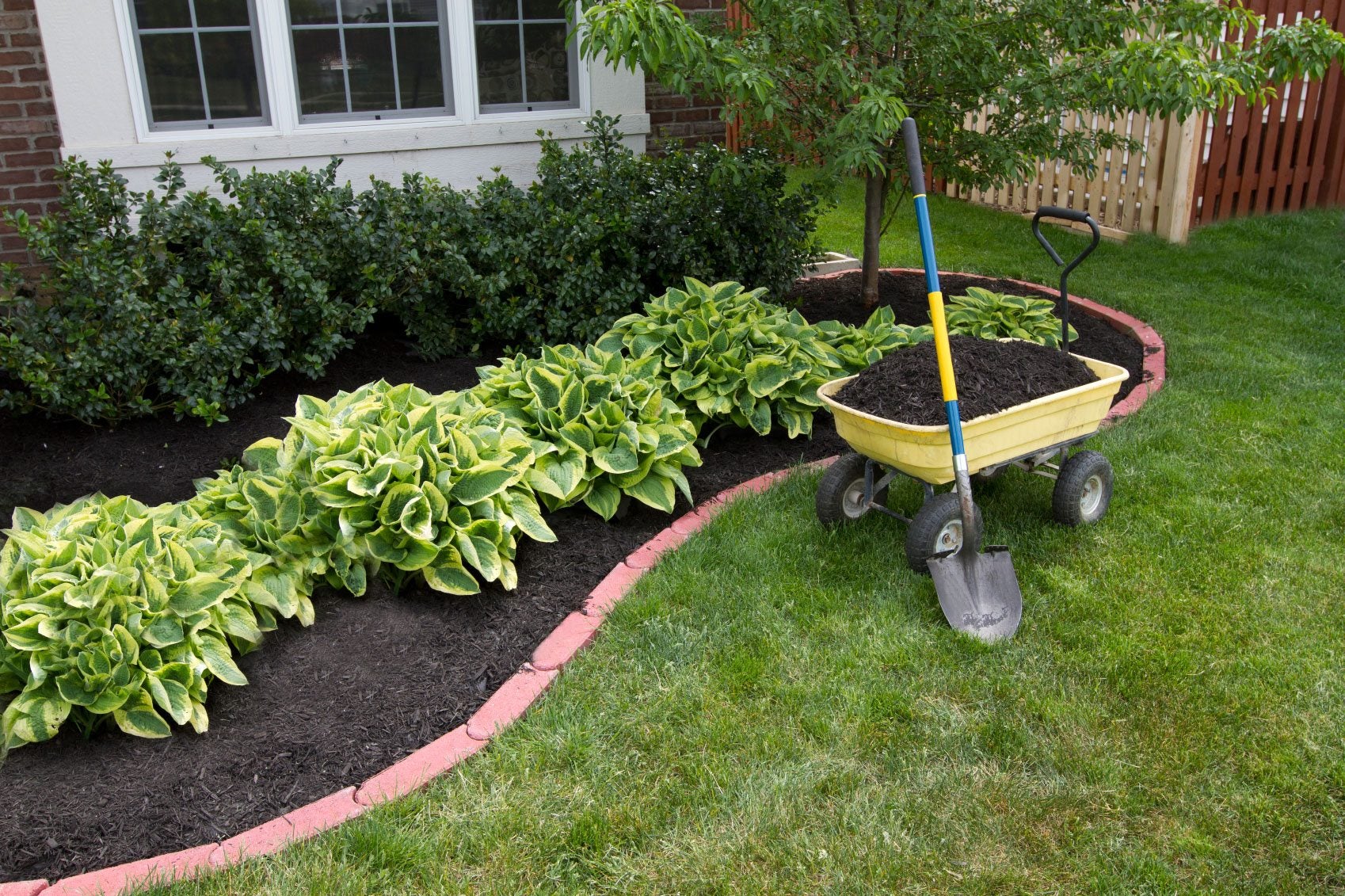Choosing The Best Mulch: How To Choose Garden Mulch


When it comes to choosing mulch for gardens, it can be difficult to select from the many types of mulch on the market. Knowing how to choose garden mulch requires careful consideration of each mulch type.
Mulch Selection Info
Picking a mulch type is the first step when choosing mulch for the garden. Mulch is available in two basic types: organic mulch and inorganic mulch. Choosing the best mulch depends on a number of factors, including purpose, appearance, availability, and expense.
Organic Mulch
Organic mulch, made of plant matter that breaks down over time, includes material such as:
This mulch provides a number of benefits for home gardeners. It keeps plant roots warm in winter and cool in summer. A 2 to 3 inch (5-8 cm.) layer of organic mulch helps keep weeds in check and reduces watering requirements by minimizing evaporation. Organic mulches provide an attractive, natural appearance to the home landscape. Most organic mulches are relatively inexpensive and readily available, but the mulch must be replaced as it breaks down. Luckly, the decomposing mulch improves soil structure and drainage while controlling soil erosion and minimizing dust. One drawback of organic mulch is the combustibility of the material. Many landscape professionals advise gardeners not to place organic mulch within 5 feet (1.5 m.) of homes or wooden decks, especially in areas prone to wildfires. In case of a fire, smoldering mulch can go unnoticed for long periods of time. Shredded, small mulch or pine needles are more combustible than large nuggets or chunks.
Inorganic Mulch
Inorganic mulches are made of manmade or natural materials that do not break down in the soil. Types of inorganic mulch include:
Inorganic mulches are often applied on top of landscape fabric or black plastic to prevent the mulch from sinking into the soil. Most inorganic mulches aren't easily displaced by wind or water, so replacement is rarely necessary. However, because inorganic mulch doesn't decompose, the mulch doesn't benefit the soil. Although some types of inorganic mulch may work well in a rock garden, light-colored inorganic mulches are often detrimental to plants because they reflect heat and sunlight that damage plants. Inorganic mulch is sometimes messy and hard to maintain because pine needles and leaves that fall on the mulch are difficult to remove. Rubber tire mulch provides a cushioned surface that makes it useful for walkways, but the mulch isn't recommended for use around plants because it may leach toxic compounds into the soil. It does, however, make a good alternative for play areas. Additionally, although most types of inorganic mulches tend to be fire-resistant, rubber mulch is highly combustible and burns at a very high temperature.
Gardening tips, videos, info and more delivered right to your inbox!
Sign up for the Gardening Know How newsletter today and receive a free copy of our e-book "How to Grow Delicious Tomatoes".

A Credentialed Garden Writer, Mary H. Dyer was with Gardening Know How in the very beginning, publishing articles as early as 2007.